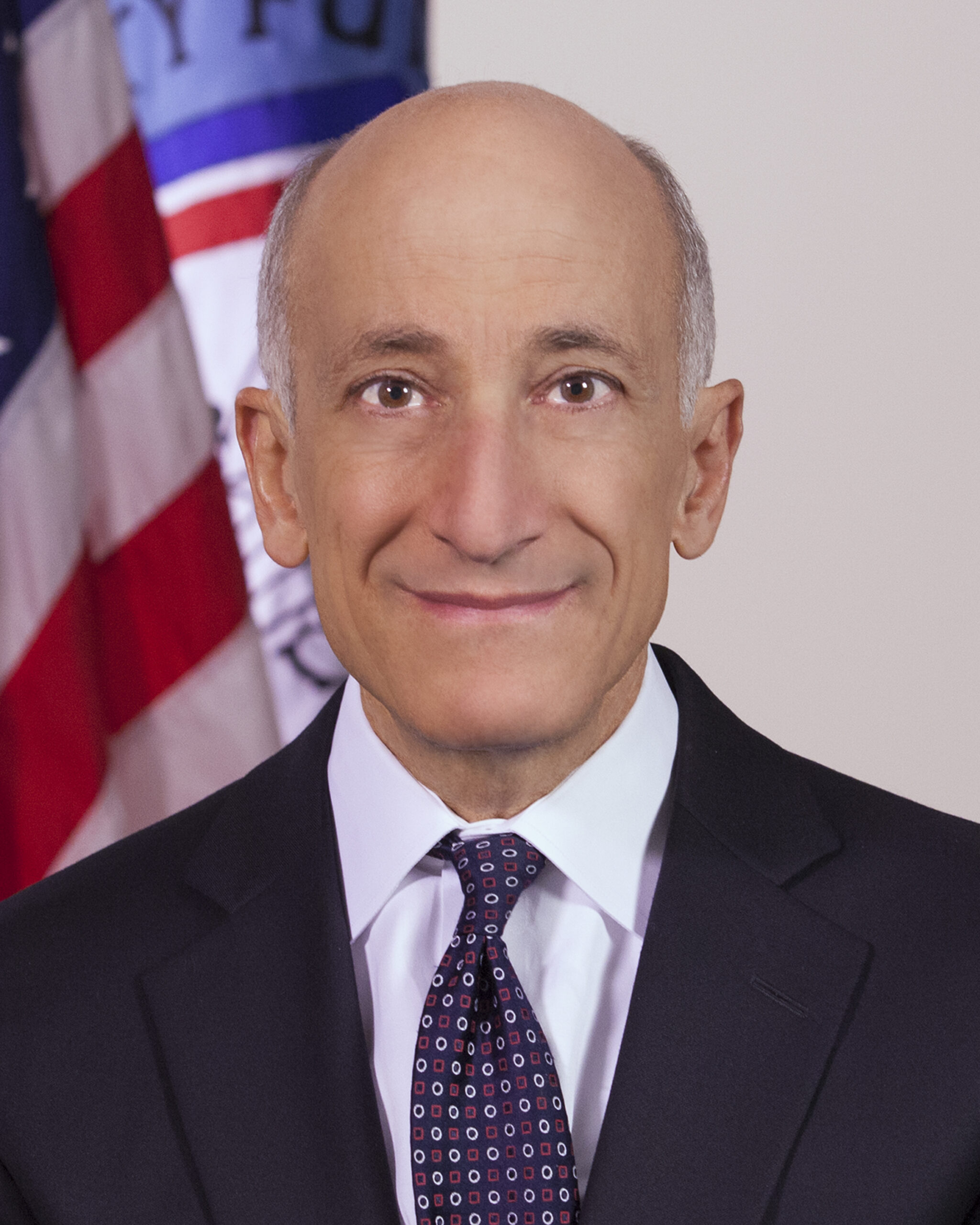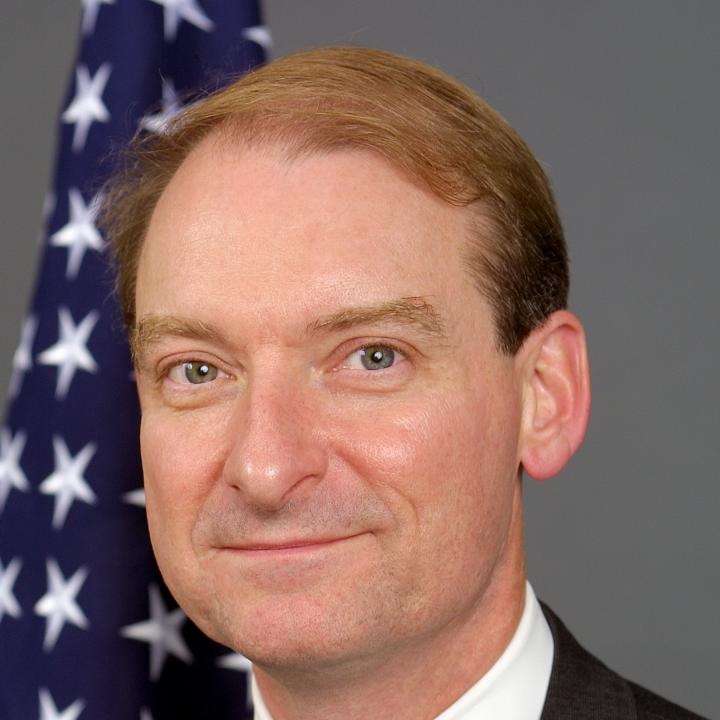Timothy G. Massad is posing the question via an op-ed piece for the Brookings Institution, arguing that it may be the best way to regulate digital assets.
Should the U.S. Securities and Exchange Commission (SEC) and the U.S. Commodity Futures Trading Commission (CFTC) become a single, unified regulator?

Grygo is the chief content officer for FTF & FTF News.
It’s not a new question, and recently I have been asking industry veterans if now is a good time to unite the regulators as a way of achieving regulatory efficiencies. But Timothy G. Massad, a former CFTC chairman, beat me to the punch, so to speak. He is posing the question with a different spin via an op-ed piece for the Brookings Institution, entitled, “The best way to regulate digital assets: Merge the SEC and CFTC,” published on Nov. 17. (Massad is a research fellow at the Kennedy School of Government at Harvard University, and an adjunct professor of law at Georgetown Law School.)
To boil down his argument, Massad says the merger would lead to superior digital asset regulation compared to current legislative efforts to control digital assets. The recently passed GENIUS Act for stablecoins, combined with pending market structure laws to oversee the issuance and trading of digital assets “could do more harm than good,” he says.
Massad provides his own guidance by naming four major objectives for regulating digital assets, whether or not legislators write the regulations. One of the key objectives is “to ensure that ‘back-office’ regulations that already exist for traditional finance — those pertaining to the reporting, recording, clearance, settlement, and custody of financial instruments — work for tokenized assets and blockchain technology,” Massad says.
“This is especially important if tokenization of existing securities and derivatives takes off. Current rules hinder the development and use of tokenization. New rules should have the same outcome regardless of whether a token is a security or a commodity. That is essential as we move toward platforms that trade multiple types of products — which the chairs of the SEC and CFTC have recently endorsed — and as the classification of a token changes over time,” Massad says.

Timothy G. Massad
He finds the key danger with current market structure proposals “is the way they try to provide clarity in the classification of digital assets. The approach is likely to undermine our existing frameworks for securities and commodities regulation. The proposals contain lengthy, complex exemptions from the securities laws and other provisions intended to promote the technology. They will be hard to administer and even harder — or impossible — for regulators to fix when flaws are discovered,” Massad says. “Lawyers will exploit the complexities to secure lower compliance burdens for their clients. The proposals also promote current business models, which could become outdated; for example, there are new blockchains being developed that may not fit the legislative definitions.”
Massad notes that the crypto markets and digital assets may not be seen as “sufficiently important to justify a radical step that we have declined to take in the past. … Much of the crypto activity to date has not been transformative but simply speculative, driven by desires to push up the price of tokens lacking in financial or economic utility. But the merger calculus changes if one believes tokenization will become significant for traditional markets.”
There are numerous indications that the SEC and CFTC foresee tokenization as having a significant impact on traditional markets.
“Congress may end up passing legislation along the lines of the current leading Republican market structure proposal, given the pressures of crypto industry lobbying and campaign contributions,” Massad says. “But legislation that sets some general objectives and either merges the SEC and CFTC or creates the institutional means for them to work together closely would be a better solution. Democrats might turn the tables on the debate with an approach that is not only good for regulation and innovation, but good for government efficiency. And President Trump could be just the president who can get an idea whose time may have finally come across the finish line.”
FTF News reached out to officials at the SEC and CFTC to get their reactions.
SEC officials had no comment but referred FTF News to a statement made by SEC Chairman Paul Atkins at the SEC-CFTC Joint Roundtable on Regulatory Harmonization Efforts on Sept. 29.

Paul S. Atkins
“Let me be clear: our focus is on harmonization, not on a merger of the SEC and CFTC, which would be up to Congress and the President. Fanciful talk of reorganizing the government risks distracting us from the monumental opportunity we have in front of us. What matters is building a framework where our agencies coordinate seamlessly, reduce duplicative regulation, and give markets the clarity they deserve,” Atkin says. “The path forward right now is collaboration, not consolidation. I look forward to working with Congress and my counterparts across the administration to ensure the SEC and CFTC operate in concert, side by side, hand in glove, so that American innovation and investment can thrive.”
CFTC officials did not respond by the deadline.
For the moment, the CFTC has an Acting Chairman, Caroline D. Pham, and a chairman to come via the Trump administration’s recent nominee, Michael “Mike” Selig, who is chief counsel of the SEC Crypto Task Force and senior advisor to Atkin, as the next CFTC chairman. Pham will serve as the Acting Chair until the U.S. Senate confirms Selig. For now, Pham is the only CFTC commissioner because of resignations and delays in making and approving new appointments.
Massad’s op-ed piece in full can be found here: https://shorturl.at/zvUFI
Need a Reprint?